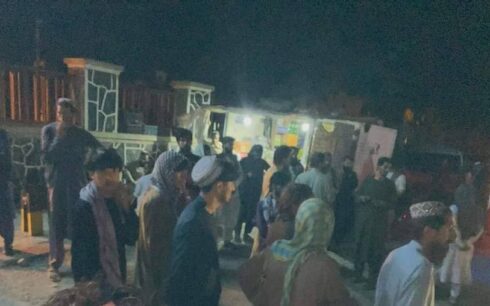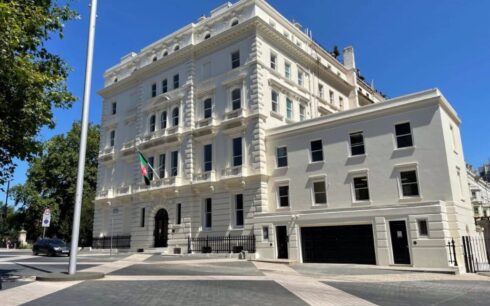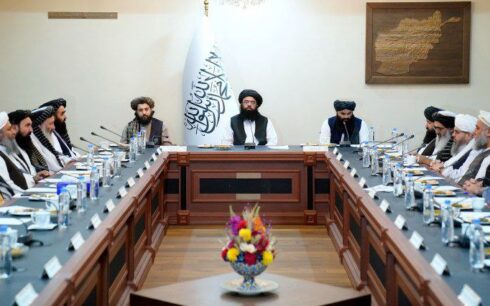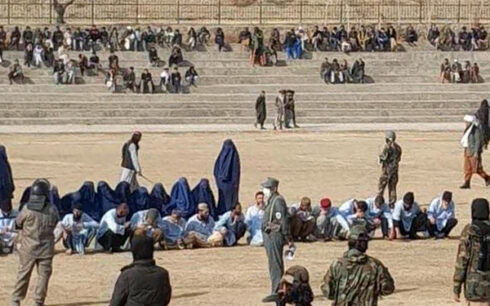In 2023, Afghanistan experienced a series of political developments, highlighted by the United Nations Security Council’s adoption of a crucial resolution. Despite these advancements, the Taliban maintained their stance of not engaging in dialogue with political and military adversaries. Meanwhile, meetings of Taliban opponents in cities such as Dushanbe, Moscow, and Vienna indicated a growing wave of opposition.”
The UN Secretary-General reported in December that although Taliban’s opponents remain dispersed in exile, their activities against the Taliban in domestic and foreign issues have intensified, as evidenced by recent meetings.
The Security Council resolution, a key event in 2023, was adopted on the Council’s last working day. It aims for Afghanistan’s integration, including the Taliban, but stipulates women’s participation in all processes.
The resolution suggests appointing a UN special envoy to Afghanistan to facilitate global diplomacy and promote inter-Afghan dialogues. However, China and Russia, two major Security Council members, objected to the envoy’s appointment, citing potential ineffectiveness.
Key aspects of the UN Security Council resolution include:
Appointing a special envoy for Afghanistan by the UN Secretary-General.
Implementing recommendations from the UN assessment and enhancing global engagement.
Reintegrating Afghanistan fully into the international community, adhering to its international obligations.
Ensuring full, equal, meaningful, and protected participation of women.
Welcoming upcoming meetings of special envoys.
Reporting consultation results to the Security Council within 60 days.
Lana Nuseibah, the United Arab Emirates’ Permanent Representative to the UN, emphasized the resolution’s importance, calling it a last chance to alter Afghanistan’s trajectory, requiring compromises.
In 2023, the Taliban insisted on normalization and recognition, ignoring demands for an inclusive government and lifting restrictions on women. The UN assessment noted that while countries engage with the Taliban, full recognition remains distant.
Despite outreach from global powers, including the US, China, Russia, the EU, the UK, and regional neighbors, the US expressed skepticism about normalizing the Taliban, particularly regarding human rights.
Nasir Ahmad Faiq, Afghanistan’s Permanent Mission Head to the UN, stated that without reversing human rights-related decisions and policies, normalizing relations would be unattainable.
China, notably, advanced relations with the Taliban, sending an official ambassador and accepting a Taliban ambassador, while most Afghan political missions abroad transitioned to Taliban control in 2023.
Pakistan, a key Taliban ally, expressed disappointment over the Taliban hosting the TTP. Islamabad’s stance in the UN Security Council shifted, with its Representative Munir Akram emphasizing engagement based on actions against terrorist organizations.
Within the Taliban, opinions vary. The Education Minister, close to Mullah Batullah, expressed enmity towards the West, while other officials seek stronger global ties.
Abdulsalam Hanafi, Deputy Head of Taliban Ministers, stated their desire for respectful and mutually beneficial relations with all countries.
After over two years of Taliban rule, no country has recognized them officially. While the Taliban perceives its foreign policy as improved, the opposition aims to shift global politics, increase sanctions, and change the regime. The question remains whether 2024 will bring continuity or transformation for the Taliban.





